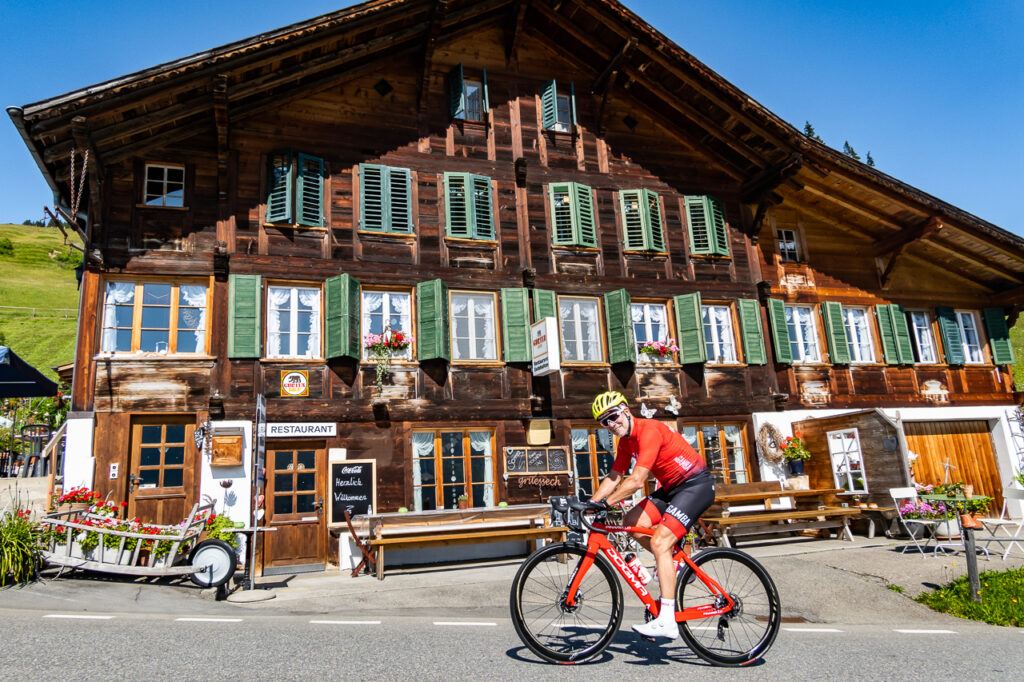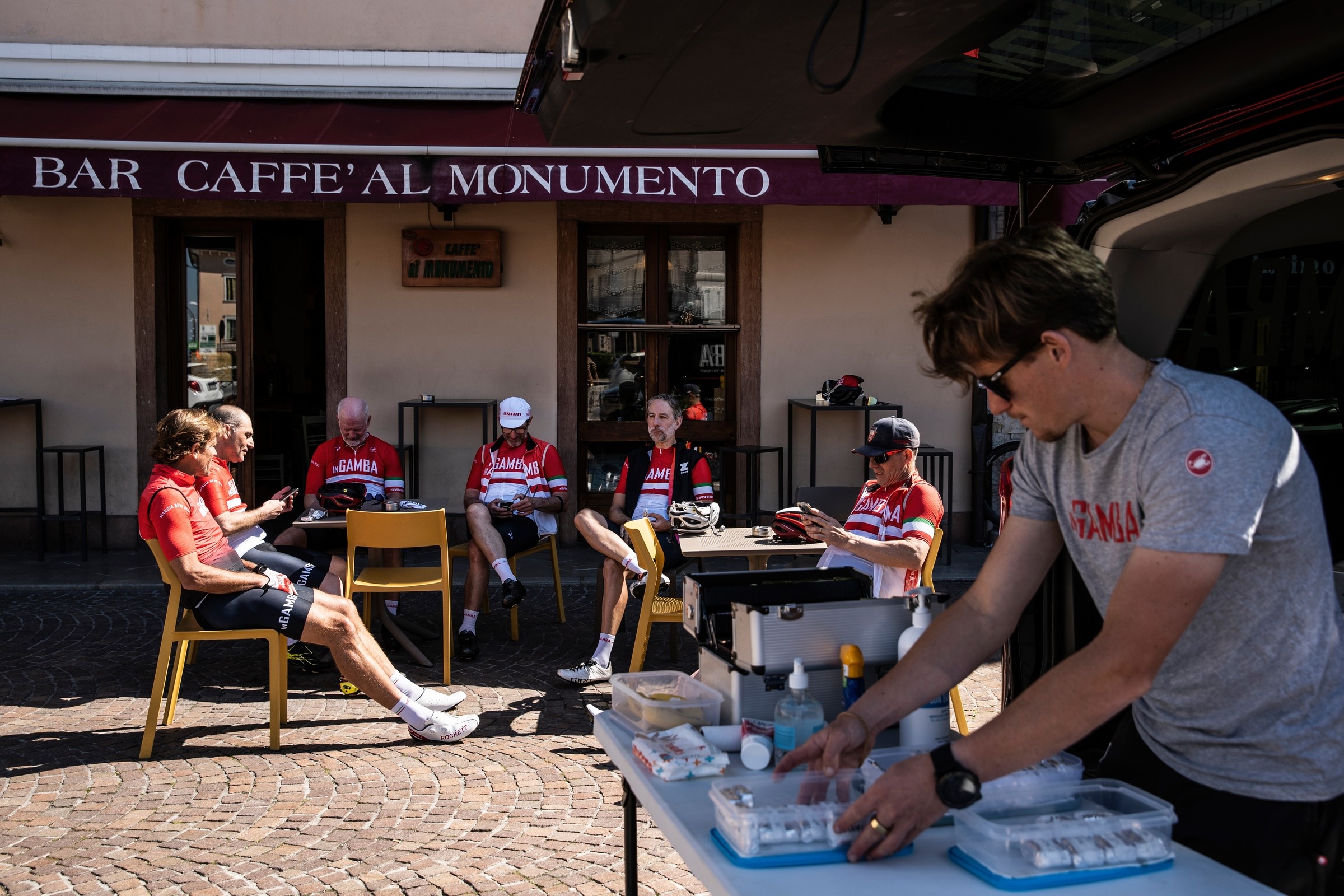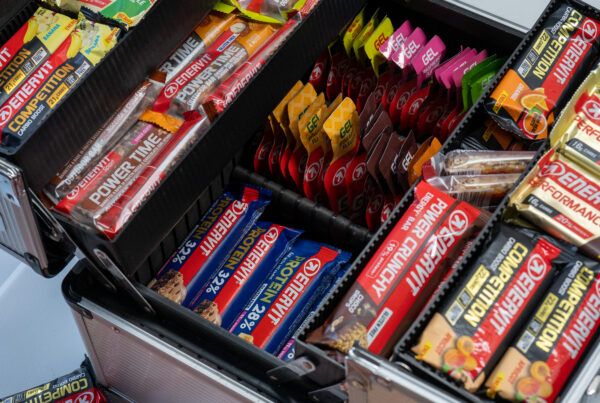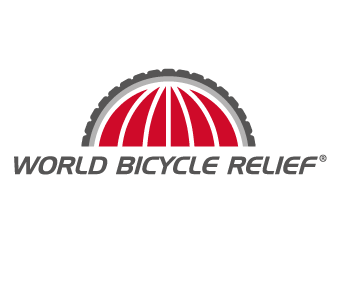There’s a lot of talk these days about protein, and how important it is for athletic performance, but it’s not always clear how much you actually need. Some will say that you need lots for power sports but (almost) none for endurance, but the truth is far from being that straightforward.
To find out more, we caught up with Enervit’s Elena Casiraghi, who is an adjunct professor at the University of Pavia, and as an athlete she has competed internationally in rowing and triathlon. She also has a PhD in exercise, nutrition, and wellness, so she definitely knows what she’s talking about.
What is protein turnover?
This is the physiological turnover of amino acids – the building blocks of protein – which is constantly occurring. Protein continuously degrades and is synthesized, and the body needs some “spare parts” to replace it. This involves the whole body, such as the muscles and bones, tendons and ligaments, even your hair, skin and nails.
Of course, there are some situations when you need more protein, for example after some physical exertion like a training session or a race so that the body can repair stressed muscles.
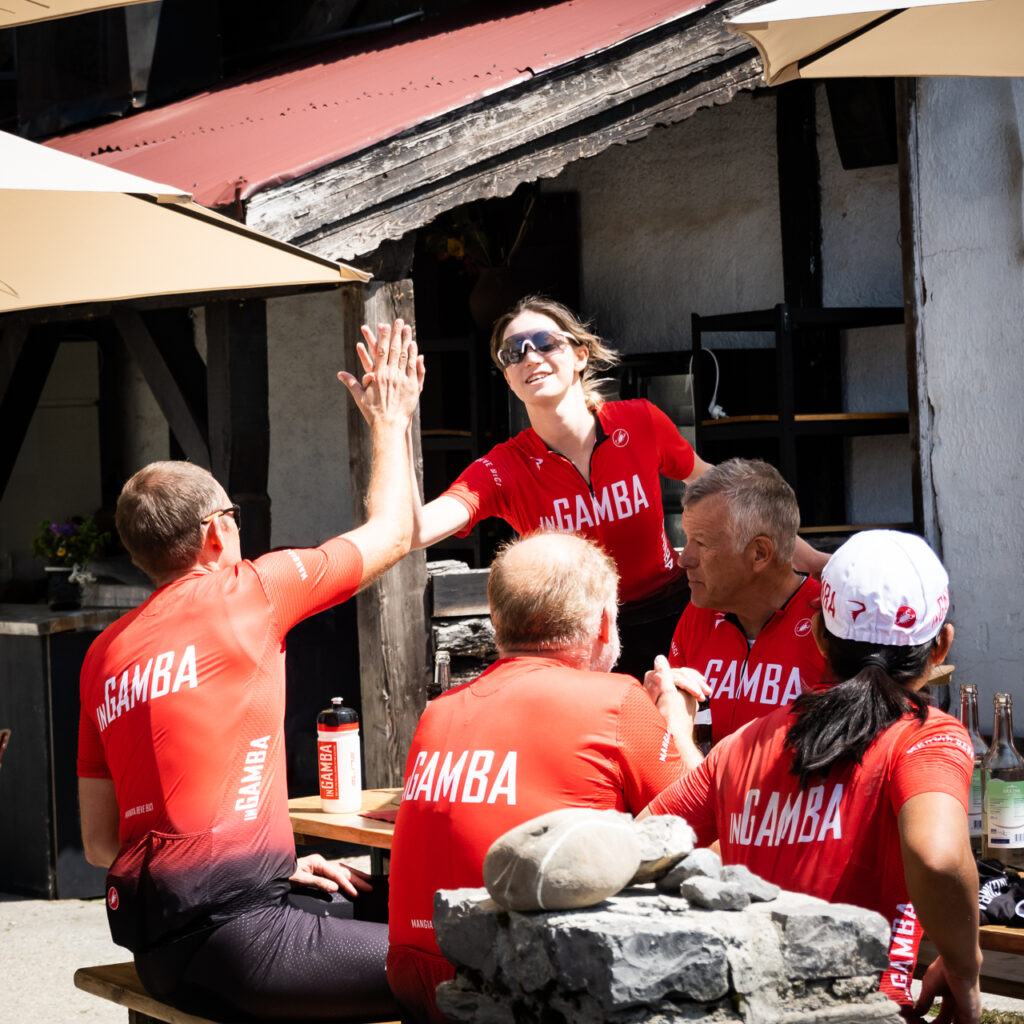
How much is enough?
To understand the protein requirements of an active person, you have to start with the requirements of someone sedentary. For a healthy adult, this means around 0.8g of protein per kilogram of body weight per day, which for man who weighs 80kg (175lbs) is equivalent to about 64g. For a 60kg (132lbs) woman, 48g of protein.
Children, teenagers, the elderly, and pregnant or breastfeeding women all need more, and the same is true for athletes. Generally, in endurance sports the daily requirement is 1.2-1.4 g/kg/day. In practice, for an 80kg athlete, this means about 104 g per day.
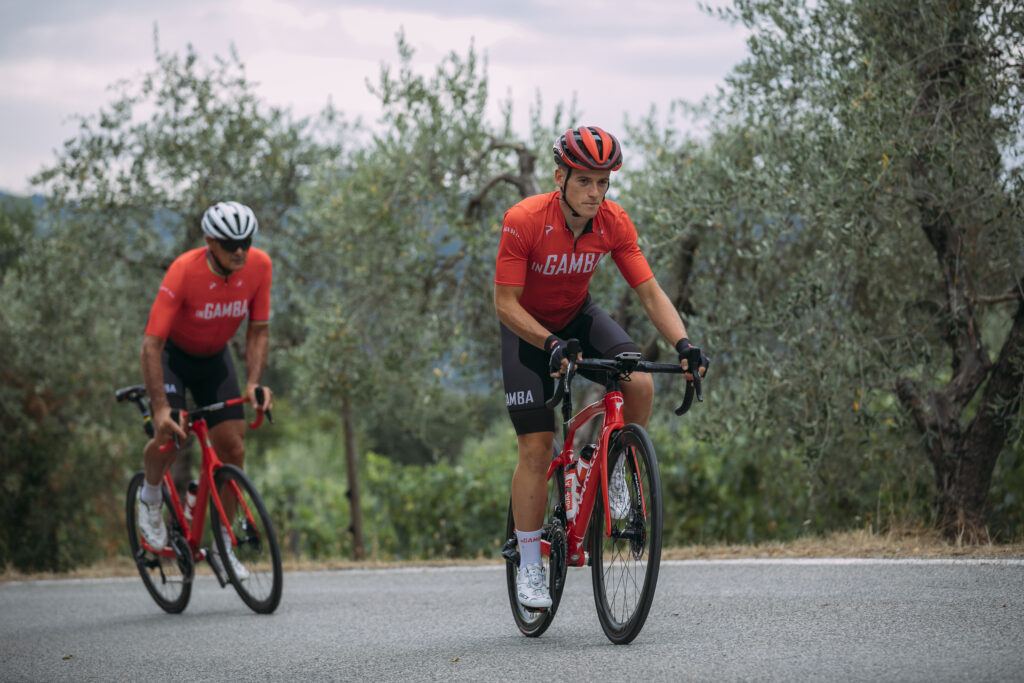
That said, as a rule of thumb athletes shouldn’t exceed 2g of protein per kilogram of body weight per day. Despite the fact that some myths still remain, we’ve known since the 1990s that a higher intake provides absolutely no benefits to athletes.
Protein timing
The quantity is important, but so too is the timing. Depending on how you train, there are various optimal moments to consume protein. In general though, if you want to get the maximum effectiveness out of strength-building sessions, you need to consume some of your intake right after your training session.
In the first 40 minutes, the ability of muscles to increase protein synthesis will be at its maximum, after which it gradually diminishes, disappearing completely within 48 hours of the session. If possible, try to eat a meal at the end of a training session, such as lunch or dinner, so that the amount of protein you consume via food can help the protein synthesis triggered by the training session and thereby aid recovery between sessions and allow the muscles to adapt adequately.
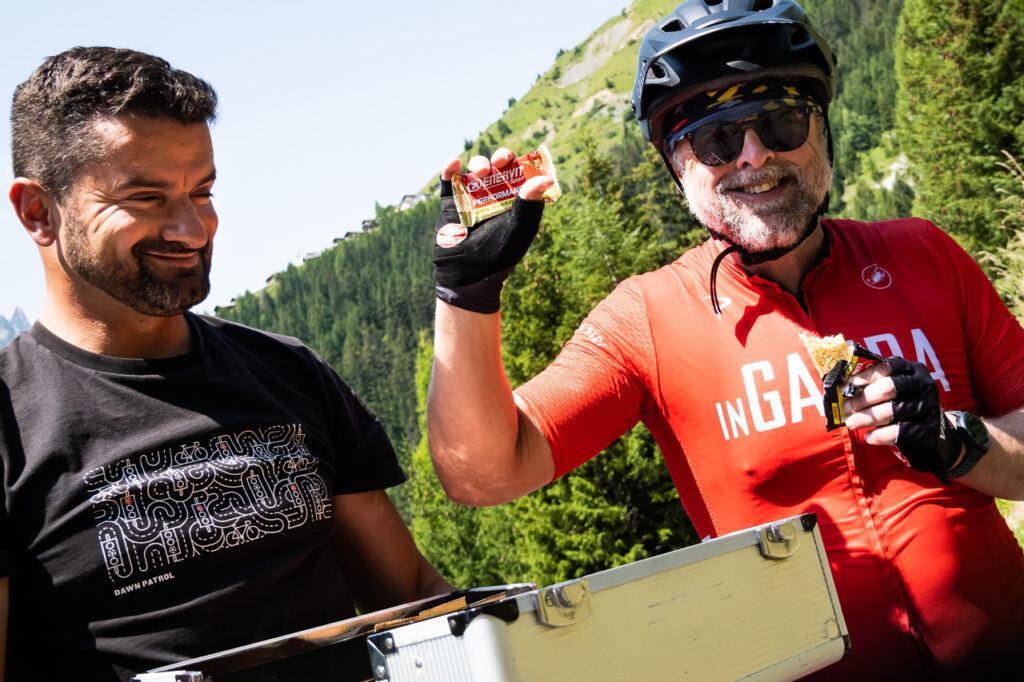
Aim for at least 20g of high quality protein, such as a chicken breast or a piece of salmon or tuna. If this is not possible, powdered protein such as Enervit Whey Protein and Enervit Protein bars will be an all-round, effective solution.
Spreading out your protein intake across the day will also help, for a couple of reasons. For one, the intake of lots of protein in one go reduces its absorption. And at the opposite end of the scale, when the body goes without protein for hours on end, it will start to dip into its stores, your muscles, which will undo all of your hard work.
One more thing! Don’t forget to drink
This has nothing to do with protein, it’s just good advice, especially in hot weather. Just a 2% loss in body weight through fluids will cause an athlete to lose around 10% of their performance capabilities, so one of the best things you can do to improve your cycling is to start each ride well hydrated and continue to top up throughout your activity. Aim for around 500ml (18oz) beforehand and then sip away at both water and a mineral mix every 15 minutes, remembering to always drink before you feel thirsty. You will notice the difference!
–
For anyone in North America, we have some great news: Enervit is now available on this side of the Atlantic. They’ve teamed up with The Feed to bring you the same competitive advantage that Enervit has been providing to European competitors since the 1970s. You can find it all here, with a wider range of products to come soon!
Also, be sure to check out Elena’s previous post for us that shared her top nutrition tips for cycling performance.
